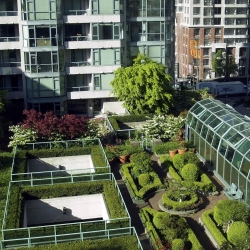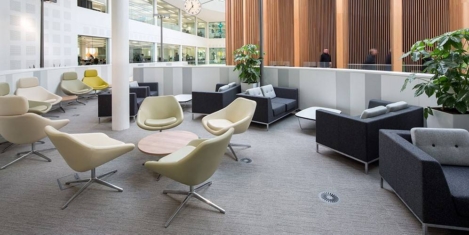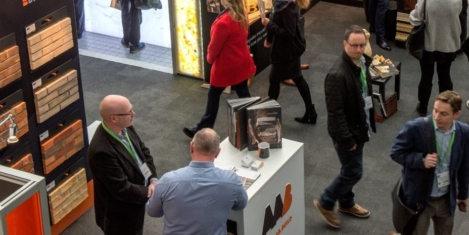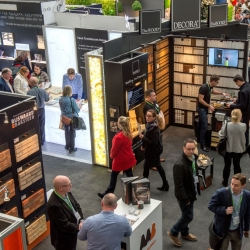To provide the best experiences, we use technologies like cookies to store and/or access device information. Consenting to these technologies will allow us to process data such as browsing behaviour or unique IDs on this site. Not consenting or withdrawing consent, may adversely affect certain features and functions.
The technical storage or access is strictly necessary for the legitimate purpose of enabling the use of a specific service explicitly requested by the subscriber or user, or for the sole purpose of carrying out the transmission of a communication over an electronic communications network.
The technical storage or access is necessary for the legitimate purpose of storing preferences that are not requested by the subscriber or user.
The technical storage or access that is used exclusively for statistical purposes.
The technical storage or access that is used exclusively for anonymous statistical purposes. Without a subpoena, voluntary compliance on the part of your Internet Service Provider, or additional records from a third party, information stored or retrieved for this purpose alone cannot usually be used to identify you.
The technical storage or access is required to create user profiles to send advertising, or to track the user on a website or across several websites for similar marketing purposes.
 Nearly half of UK workers admit to being greener at home than they are in the office, although more and more are realising the importance of green habits, research by Instant Offices has suggested. With the government committed to achieving net zero emissions by 2050, the workspace innovation company has been investigating what more employers can do to help to lead the way by instituting greener practices. (more…)
Nearly half of UK workers admit to being greener at home than they are in the office, although more and more are realising the importance of green habits, research by Instant Offices has suggested. With the government committed to achieving net zero emissions by 2050, the workspace innovation company has been investigating what more employers can do to help to lead the way by instituting greener practices. (more…)










 The public sector must uphold high standards of conduct when adopting AI, a
The public sector must uphold high standards of conduct when adopting AI, a 
























December 16, 2019
Is flexible working the answer to improved employee mental health and productivity?
by Sarah King • Comment, Flexible working